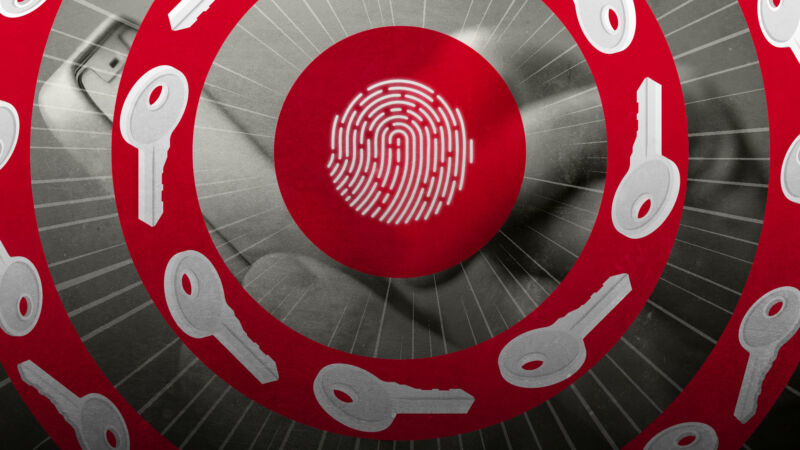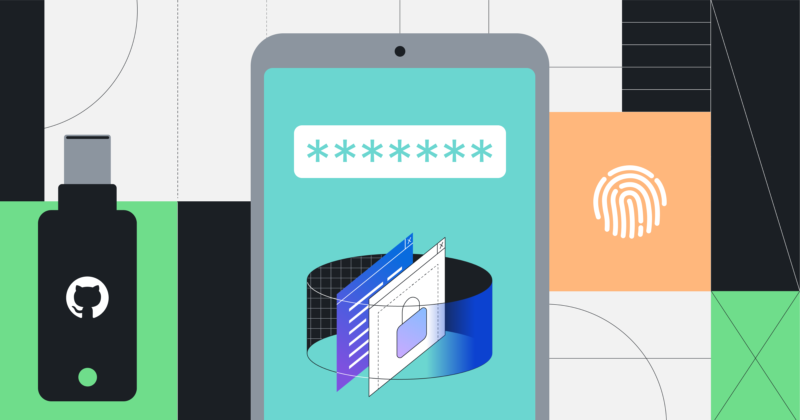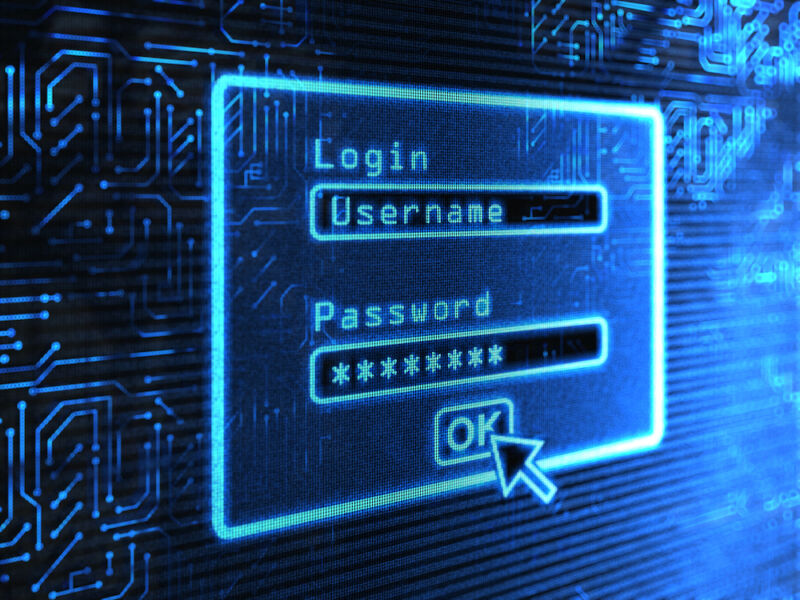-
 chevron_right
chevron_right
Passkeys may not be for you, but they are safe and easy—here’s why
news.movim.eu / ArsTechnica · Friday, 12 May, 2023 - 20:43

Enlarge (credit: Aurich Lawson | Getty Images)
My recent feature on passkeys attracted significant interest, and a number of the 1,100+ comments raised questions about how the passkey system actually works and if it can be trusted. In response, I've put together this list of frequently asked questions to dispel a few myths and shed some light on what we know—and don't know—about passkeys.
Q: I don’t trust Google. Why should I use passkeys?
A: If you don’t use Google, then Google passkeys aren’t for you. If you don’t use Apple or Microsoft products, the situation is similar. The original article was aimed at the hundreds of millions of people who do use these major platforms (even if grudgingly).







